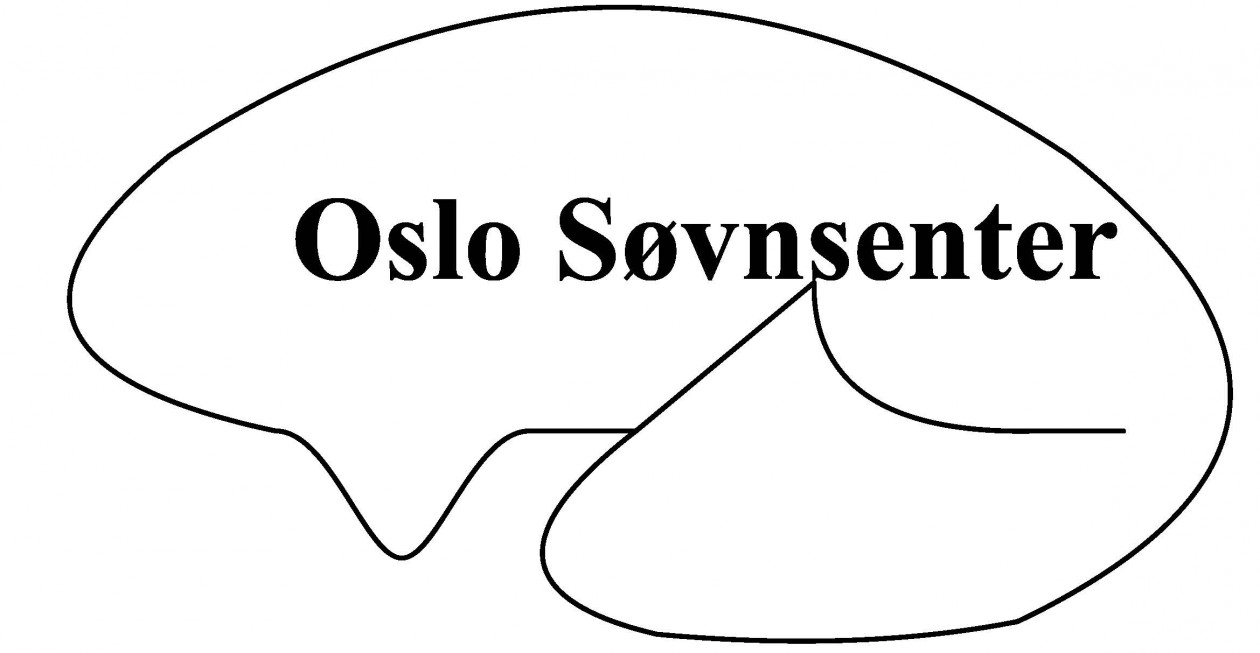The SHEAR research group is based on a collaboration between associate professor Harald Hrubos-Strøm at Akershus University Hospital and professor Toril Dammen at Oslo University Hospital, both University of Oslo.

Our research is focused on airflow during sleep and personalized treatment of sleep disorders. We have contributed to the development of the https://capable.healthcare/ platform. We are currently developing a shared decision aid tool and a clinical, standardized secondary diagnostic package for patients with sleep apnea and treatment non-adherence. These projects are funded by Nordforsk, Innovative medicines initiative, scientia fellows and ØKS interreg.
We are also developing personalized treatment for OSA endo- and phenotypes including disturbed sleep and insomnia. The development of specific interventions are funded by «Horizon 2020» and «Eurostars» respectively.
Open positions:
None
Research news and conference attendence
2024
2023:
August-December:
Start data collection in three projects:
https://www.ahus.no/kliniske-studier/sovnapn-teknologisk-behandlingsstudie
https://www.ahus.no/kliniske-studier/prosjekt-eurostars-hypnos-1
SummerSHEAR:
Our research in Dagbladet:
http://www.oslosovnsenter.no/?p=874
http://www.oslosovnsenter.no/?p=865
Plenty of work received from Iceland and social ending of the semester:


May:
http://www.oslosovnsenter.no/?p=851
Nordic sleep conference:

March and April
February:
Person security officer approval for ASAP T3 study at Akershus University Hospital🍾
Executive board meeting for the Sleep Revolution project in Copenhagen and Kick-off for the #Interreg project #Innosleep in Helsingør.

January:
Article based on the MESA study accepted for publication in journal Sleep: https://pubmed.ncbi.nlm.nih.gov/36579654/
2022:
December:
SHeaR research in ESRS newsletter: https://mailchi.mp/esrs/sleep-science-friday-16-december-2022?e=cfa0de9873
Christmas lecture from Hamza and lunch with almost complete group:

Omtale av studien vår i VG:
http://www.oslosovnsenter.no/?p=799
Hrubos-Strøm co-author on article about vigliance in OSA: http://Obstructive sleep apnea-related intermittent hypoxaemia is associated with impaired
november: Kolfinna is visiting from Reykjavik:

October: Autumn symposium, otorhinolaryngology: presentation of longitutinal model and sleep revolution pilot preliminary results,
October: Dissertation Fjola Sigurdardottir
https://www.med.uio.no/forskning/aktuelt/arrangementer/disputaser/
September: Sleep Europe
http://www.oslosovnsenter.no/?p=746: Sleep Heart and Respiration (SHEAR)August: Øverbyes paper presented at esrs.eu:
https://mailchi.mp/esrs/sleep-science-friday-16-september-2022?e=cfa0de9873
July:
Øverby published shared decision paper: https://pubmed.ncbi.nlm.nih.gov/36039181/
June: Ilo conference
April: Harald Hrubos-Strøm opponent Lars Martin Berg
March: World Sleep Congress:
